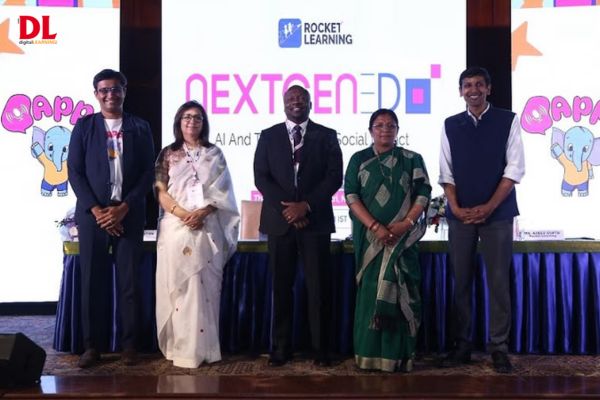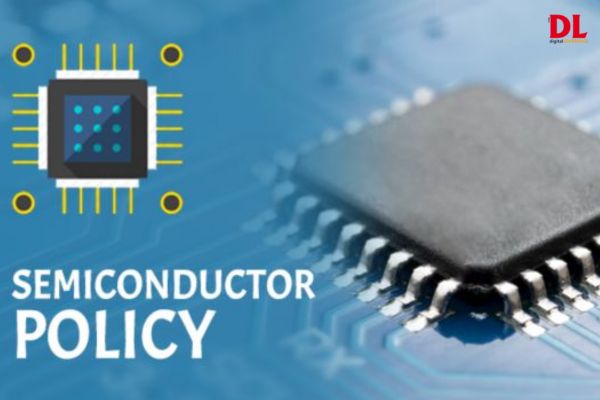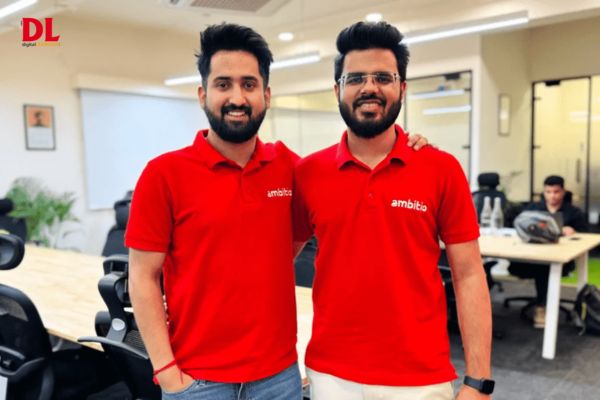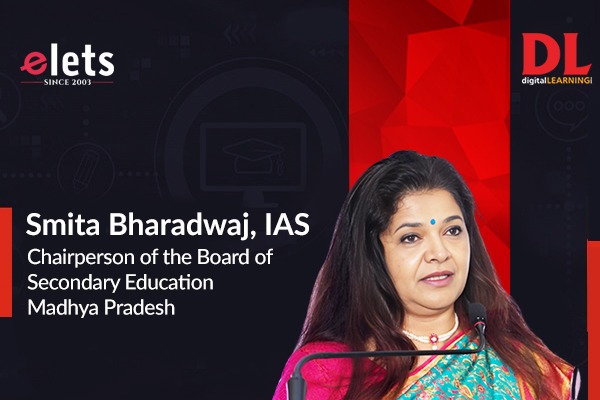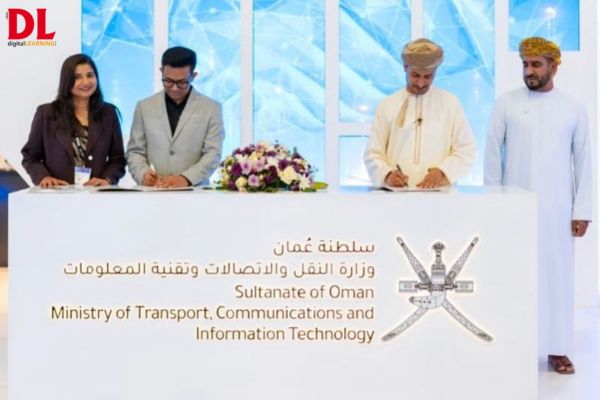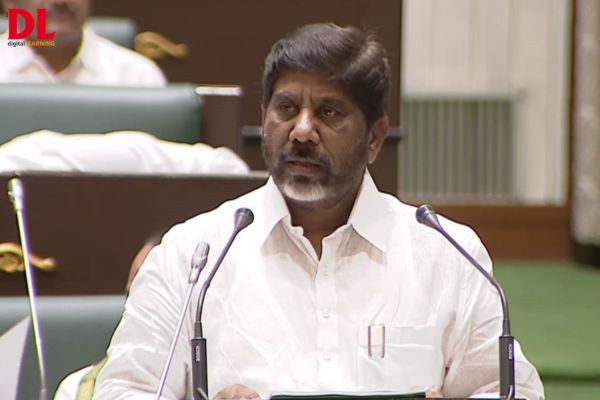As we look forward to 2025, education is evolving in remarkable ways. Technology has redefined classrooms, making them dynamic, inclusive, and ready for the future. The theme “Reimagining Education in 2025” captures this transformation. It is a bold vision that merges technology with accessible, engaging learning.
In recent years, the rapid advancement of technology has led to widespread adoption of hybrid learning models. Tools powered by artificial intelligence (AI), the Internet of Things (IoT), and immersive technologies like augmented reality (AR) and virtual reality (VR) are transforming education. These advancements are bridging gaps, increasing engagement, and making education more inclusive. However, challenges like integrating new tools, ensuring teacher readiness, and addressing the digital divide remain.
The Digital Revolution in Education
Education today is shaped by three key trends:
1. Personalized and Inclusive Learning: AI-driven platforms now provide tailored lesson plans based on a student’s needs. These tools also support multilingual learning and assistive technologies, ensuring no learner is left behind.
2. Hybrid Learning Models: A mix of in-person and online classes has become the norm. This flexible model expands access to quality education, especially in remote areas.
3. Immersive Learning: AR and VR bring lessons to life. From virtual field trips to simulated science experiments, students can explore concepts interactively and hands-on.
Redefining Classrooms with Innovation
Senses Electronics’ flagship products, Sense Edge and Sense Pro, are more than just teaching tools. They replace traditional whiteboards with smart, interactive panels. Key features include:
• 3D Models and Virtual Labs: These tools make complex subjects like science more engaging and easier to understand.
• Real-Time Collaboration: Students and teachers can work together seamlessly, whether in the same room or remotely.
• AI-Powered Tools: Features like handwriting recognition and math problem-solving ensure learning is interactive and inclusive.
A Comprehensive Software Suite
The company’s software solutions enhance teaching and learning:
• SensesAI: This platform supports language translation, math tools, and a library of 3D models.
• SenseManage: A tool for administrators to monitor and control multiple panels.
• EasiTalk and SenseConnect: These tools improve communication and screen
sharing in classrooms.
• CaptureSense: Teachers can record lessons for students to revisit anytime.
Bridging the Digital Divide
Despite technological advances, many students still face barriers due to the digital
divide. Senses Electronics addresses this by creating affordable tools that are easy to
scale. Its solutions reach schools in both urban and rural areas, ensuring equal access
to modern education.
The company aligns its efforts with India’s National Education Policy (NEP) 2020.
By developing tools tailored to local curricula, it ensures relevance and impact.
Training programs also help teachers use these tools effectively, blending technology
with traditional pedagogy. Senses Electronics’ commitment to inclusivity ensures that
every student, regardless of their location or resources, has access to transformative
educational experiences.
The Future of Education: A Vision for 2025
The education system in 2025 is expected to be a thoughtful blend of technology and
human connection. Senses Electronics is contributing to this future by continually
refining its offerings and exploring new possibilities for immersive learning. For
instance:
• Enhanced AI Capabilities: SensesAI will integrate more interdisciplinary tools,
making learning more comprehensive and adaptable to diverse student needs.
AI-driven platforms will also empower teachers by automating administrative
tasks, allowing them to focus on teaching.
• Expanding Subject-Specific Tools: The company plans to enrich its library
of tools, especially in critical fields like science, technology, engineering,
and mathematics (STEM). These tools will provide students with real-world
applications and drive innovation.
• Supporting Teacher Empowerment: Continuous professional development
programs for educators will ensure they are well-equipped to use technology
effectively. This improves their teaching methods and builds their confidence in
navigating modern classrooms.
• Sustainability in Education: Senses Electronics is exploring environmentally
friendly production processes for its panels and devices, ensuring that
innovation aligns with sustainability. This vision matches the global effort to
adopt eco-conscious practices in education.
Shaping the Future, Today
Prashanth Peethambaran, CTO of Senses Electronics, encapsulates the company’s mission concisely: “Senses Electronics isn’t just shaping education, it’s shaping the future.” This philosophy is reflected in every product and initiative undertaken by the company. By focusing on innovation, inclusivity, and accessibility, Senses Electronics is setting the stage for a future where classrooms inspire curiosity, encourage creativity, and prepare students for the challenges of tomorrow.
Read More: A Vision for Holistic Education
Conclusion
Reimagining education in 2025 is about more than just adopting technology. It is about creating ecosystems where students, educators, and administrators collaborate to unlock the full potential of learning. Senses Electronics exemplifies this approach with its innovative tools, commitment to inclusivity, and forwardthinking vision. The classroom of 2025 will not be bound by walls or limited by resources. It will be a place where every student, regardless of their background, has the opportunity to thrive. With companies like Senses Electronics leading the way, the future of education is brighter than ever.
Views expressed by Senses Electronics








